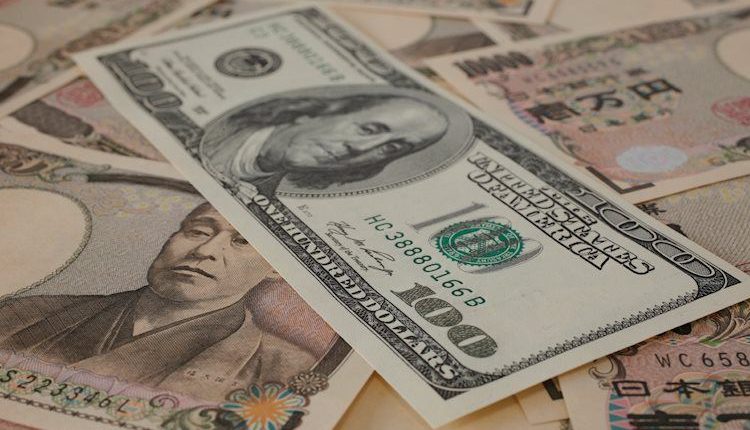- USD/JPY softens to near 150.05 despite stronger USD in Friday’s Asian session.
- Japan’s CPI inflation drops from 3.0% to 2.5% in September.
- The upbeat US economic data strengthens the case for 25 bps Fed rate cuts.
The USD/JPY pair edges lower to around 150.05 despite the firmer US dollar (USD) on Friday during the early Asian session. Investors will keep an eye on the US Building Permits and Housing Starts, which are due later on Friday. The Federal Reserve’s (Fed) Raphael Bostic, Neel Kashkari and Christopher Waller are also set to speak later in the day.
Japan’s annual Consumer Price Index (CPI) rose 2.5% in September, compared to 3.0% reported in August, the Statistics Bureau of Japan showed on Friday. Meanwhile, the CPI excluding fresh food and energy grew 2.1% year-over-year in September. The CPI excluding fresh food climbed by 2.4% on an annual basis during the same period. The figure came in slightly stronger than the consensus estimate of 2.3%.
The slowdown in price gains might have a limited impact on the Bank of Japan’s (BoJ) policy path. The BoJ Governor Kazuo Ueda said the Japanese central bank will keep raising rates if inflation remains on track to stably hit the 2% target, adding that the BoJ will spend time gauging how global economic uncertainties affect Japan’s fragile recovery. The BoJ is widely expected to hold the benchmark rate steady on October 31.
“The BOJ is waiting to see how the US economy holds up before raising rates further. We think it will be able to confirm a US soft landing by the time it holds its January board meeting,” noted Taro Kimura, economist from Bloomberg Economics.
On the USD’s front, the stronger-than-expected US September Retail sales indicated the US economy maintained a strong growth pace in the third quarter. This, in turn, might cap the downside for the US Dollar (USD).
The US Fed is likely to maintain a very cautious approach to cutting rates. Atlanta Fed President Bostic said that he has one more 25 bps rate cut pencilled in for this year. Minneapolis Fed President Neel Kashkari stated that future interest rate cuts would be “modest” and emphasized that policy decisions would depend on economic data. Money markets are now pricing a 90.3% probability of a 25bps rate cut next month, according to the CME Fed Watch Tool.
Japanese Yen FAQs
The Japanese Yen (JPY) is one of the world’s most traded currencies. Its value is broadly determined by the performance of the Japanese economy, but more specifically by the Bank of Japan’s policy, the differential between Japanese and US bond yields, or risk sentiment among traders, among other factors.
One of the Bank of Japan’s mandates is currency control, so its moves are key for the Yen. The BoJ has directly intervened in currency markets sometimes, generally to lower the value of the Yen, although it refrains from doing it often due to political concerns of its main trading partners. The BoJ ultra-loose monetary policy between 2013 and 2024 caused the Yen to depreciate against its main currency peers due to an increasing policy divergence between the Bank of Japan and other main central banks. More recently, the gradually unwinding of this ultra-loose policy has given some support to the Yen.
Over the last decade, the BoJ’s stance of sticking to ultra-loose monetary policy has led to a widening policy divergence with other central banks, particularly with the US Federal Reserve. This supported a widening of the differential between the 10-year US and Japanese bonds, which favored the US Dollar against the Japanese Yen. The BoJ decision in 2024 to gradually abandon the ultra-loose policy, coupled with interest-rate cuts in other major central banks, is narrowing this differential.
The Japanese Yen is often seen as a safe-haven investment. This means that in times of market stress, investors are more likely to put their money in the Japanese currency due to its supposed reliability and stability. Turbulent times are likely to strengthen the Yen’s value against other currencies seen as more risky to invest in.
Read the full article here

